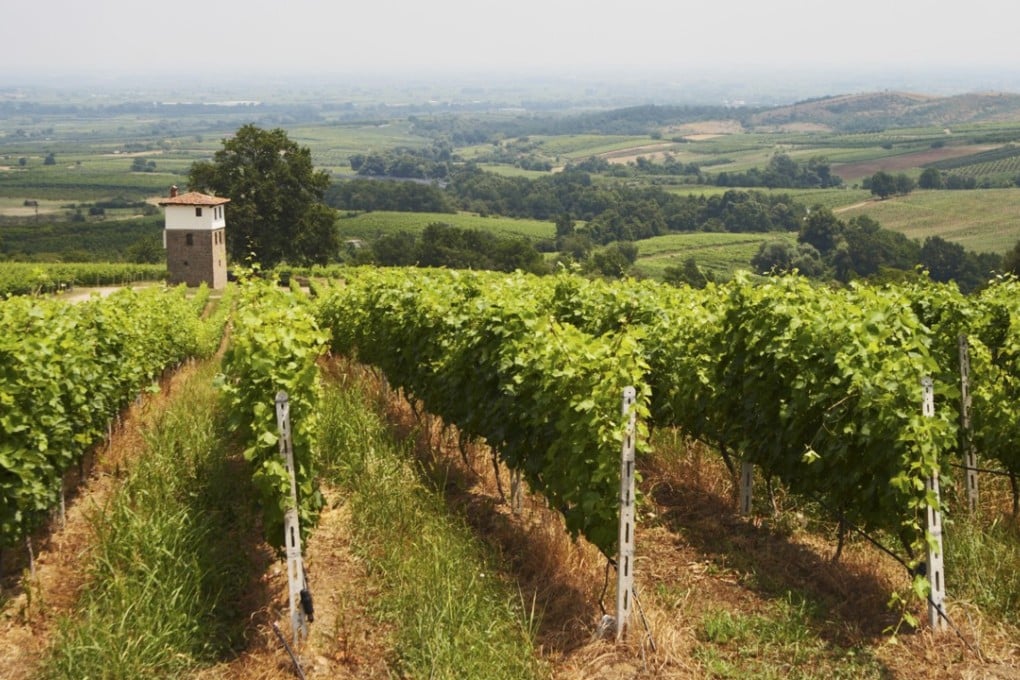Greek wine’s rich history and recent rebirth, and a sampling from one of its best new wineries
When Greeks drank wine at their symposiums, ancient sommeliers watered it down to ensure good-quality debate; you don’t have to do that with the wines from Kir-Yianni, which marry the traditional with the modern to great effect

Greece has an illustrious winemaking tradition that goes back 6,500 years. The Greeks used to dilute wine with sea water (it was called thalassitis, from thalassa, the Greek word for sea) and season it with honey and resin. And Ancient Greece created the role of the sommelier. Mihalis Boutaris, winemaker for Kir-Yianni, says, “The oinochooi [literally ‘those who pour wine’] in modern Greece is still the term for the sommelier.”
Wine was consumed at the symposium (from the Greek word for drinking together), during parties in which participants debated and victories were celebrated. The oinochooi’s job was to ensure guests did not drink to excess, which he did by adjusting the concentration of the wine.

Drinks were made up of two parts wine to five parts water or one part wine to three parts water. Dried fruit, toasted beans and chickpeas were served as snacks.
By the Roman era, Greek wines enjoyed a solid reputation. However, during the Ottoman empire, from the 14th to 19th centuries, they went into decline. They hit rock bottom in 1821, with the Greek war of independence, when the Turks destroyed vineyards during their retreat.